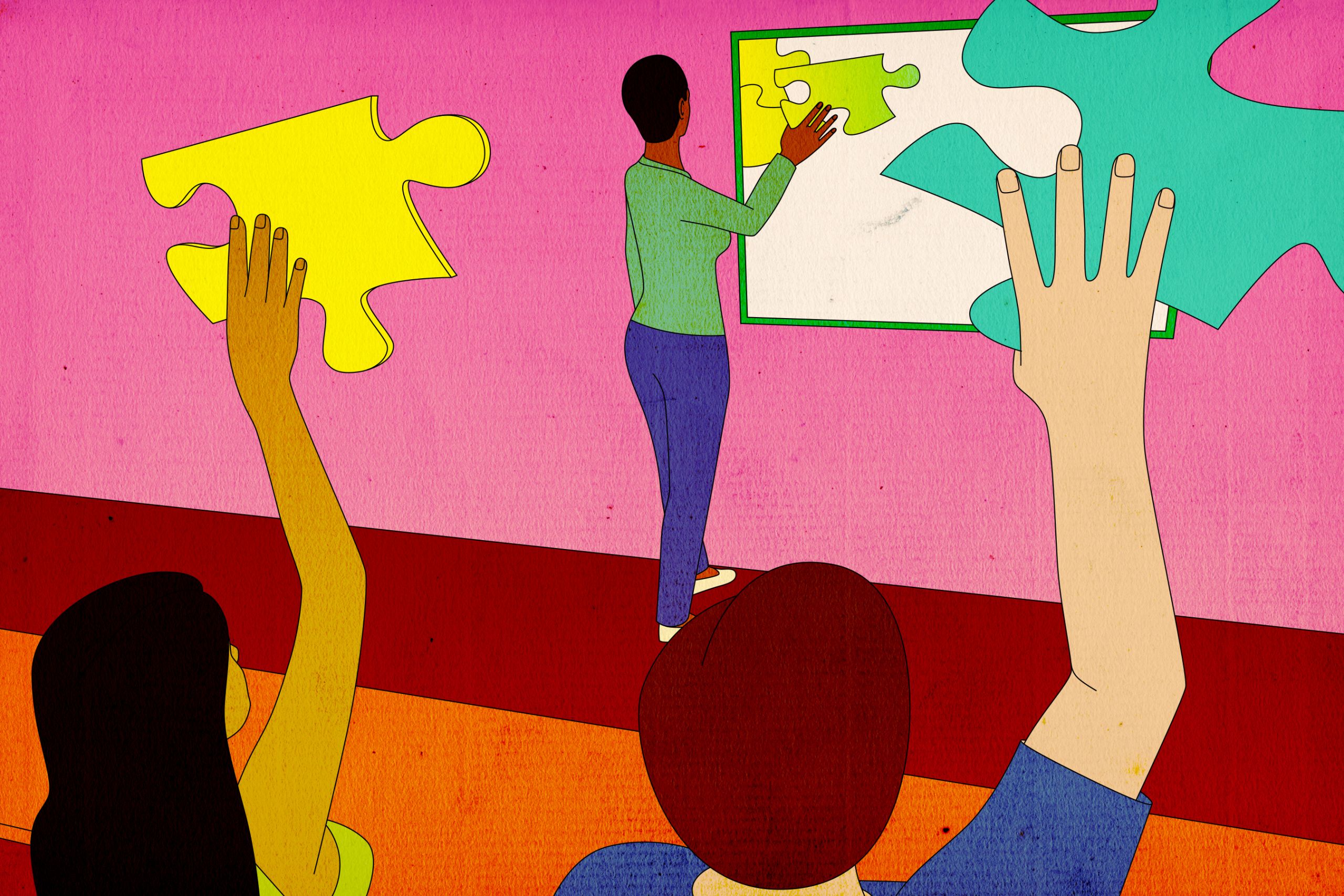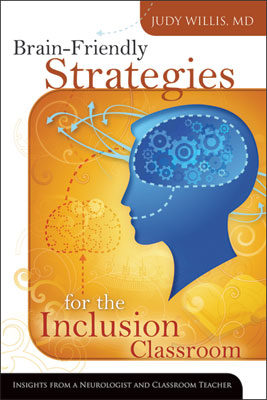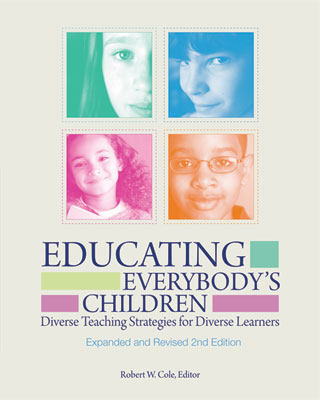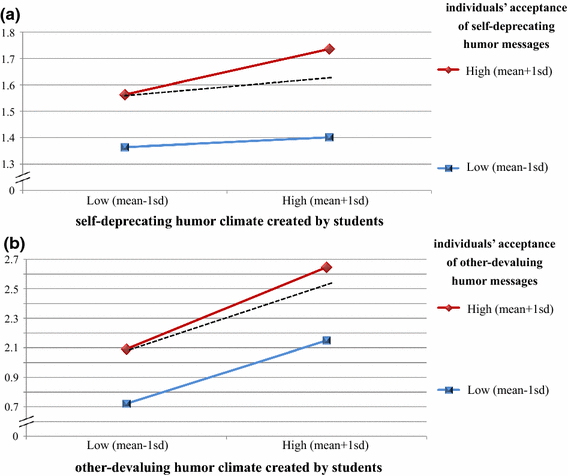Humor In The Classroom Considerations And Strategies

As soon as you do you ll instantly become more likeable.
Humor in the classroom considerations and strategies. 5 reasons to bring laughter into the classroom. Researchers agree that children who laugh in the classroom develop strong communication and critical thinking skills become more creative and easily cope with stress. 154 use humor and don t expect to be taken as a serious professional. Traditional subject matter and lessons were supposed to keep students inter ested wandersee 1982. Here are a few reasons why you need to bring humor into your classroom. In effective teaching strategies. Write an essay of 1 2 pages that describes the strategies of using humor jokes laughing at your own mistakes cartoons telling a funny story and letting your students lead the way.
Laughter brings joy and when students are smiling and laughing then they are engaged. Laugh at yourself when you do something silly or wrong mention it and laugh at it. November 13 2017 alissa klein and christian moriarty first we want everyone reading this to go ahead and lower their expectations. Some of that thinking still lingers today. A simple routine like posting a joke of the day or joke of the week instantly brings humor into the classroom. Shared laughter is a powerful way to reinforce learning and it helps to make tasks less laborious and threatening. Just remember above all that sarcasm has no place in the school.
Even if you are what ed calls humor challenged there are things you can do to lighten the load and dissipate the clouds in your classroom. Previously it was considered unscholarly to use humor as a teaching strategy or even to show a sense of humor as a personality trait. Having students contribute jokes and look for jokes that may take some thinking to find the humor is a great way to build classroom culture and build the habit of finding humor. And personal humor growth and integration with instruction are discussed. Using humor in the classroom. Engaging in spontaneous and planned humor. Humor in the classroom is a twentieth century phenomenon.
Writing about the history of humor in the classroom debra korobkin notes that before the 20 th century collectively teachers perceived instructing with a sense of humor as unprofessional uncontrolled and undignified p. To entertain was not to educate. When children laugh together in group settings they build a sense of team comradery creating a strong bond with their classmates and teachers. You ll become more likable. While the two of us are big fans of comedy and using humor in many walks of life we aren t terribly funny ourselves. If you struggle with getting and keeping your students attention then you need to add a little humor into your lessons. Humor in the classroom.
Only no hurt humor is acceptable.




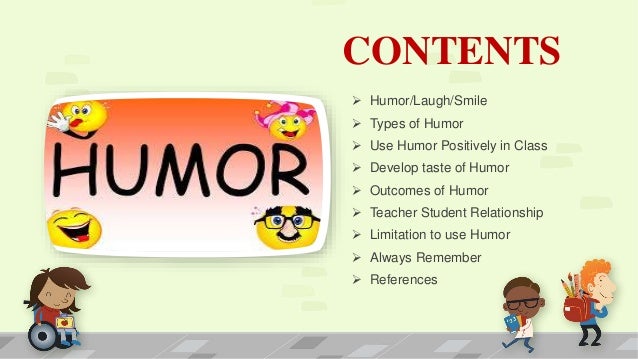







/GettyImages-181214730-5c74594046e0fb00011bf18b.jpg)










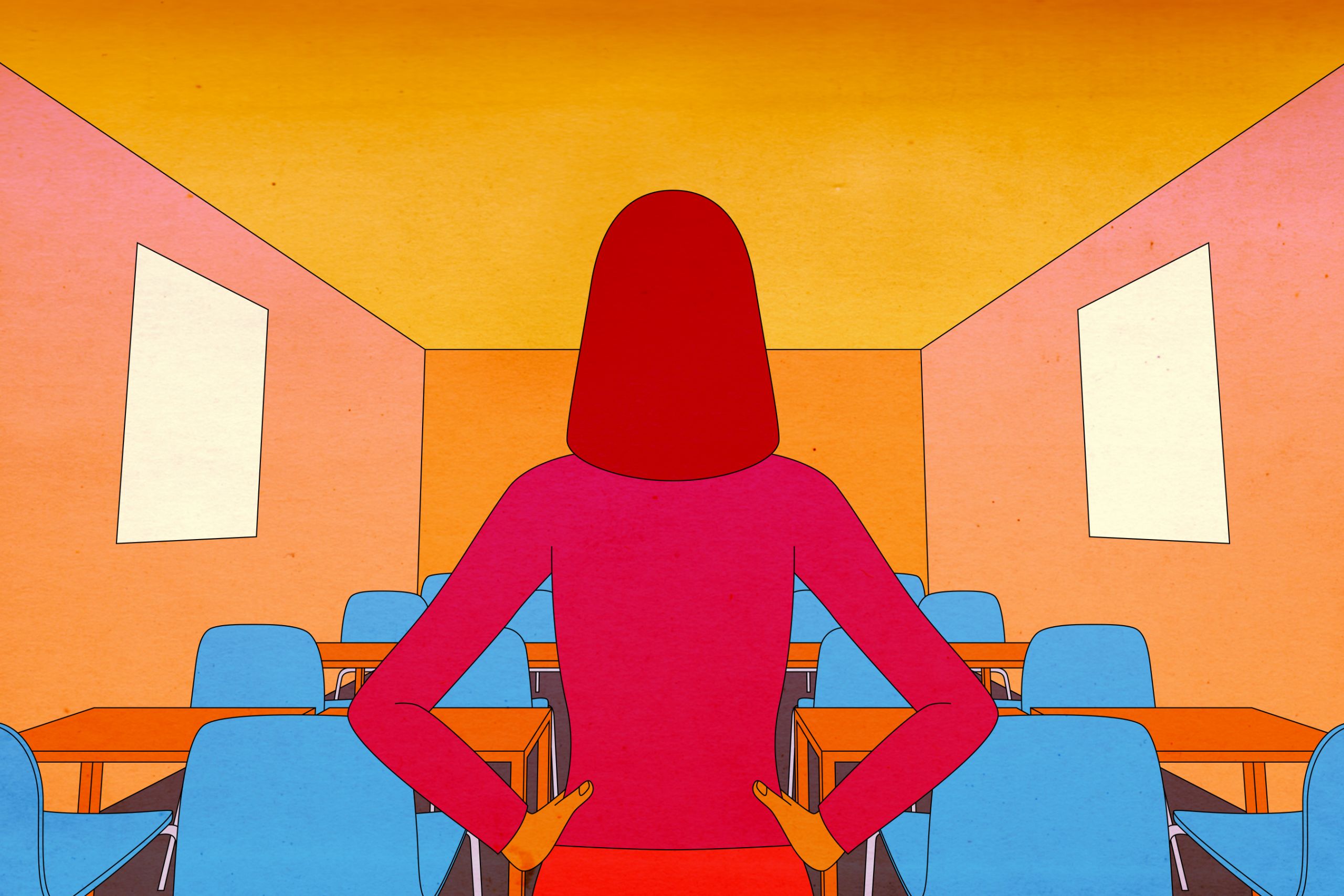



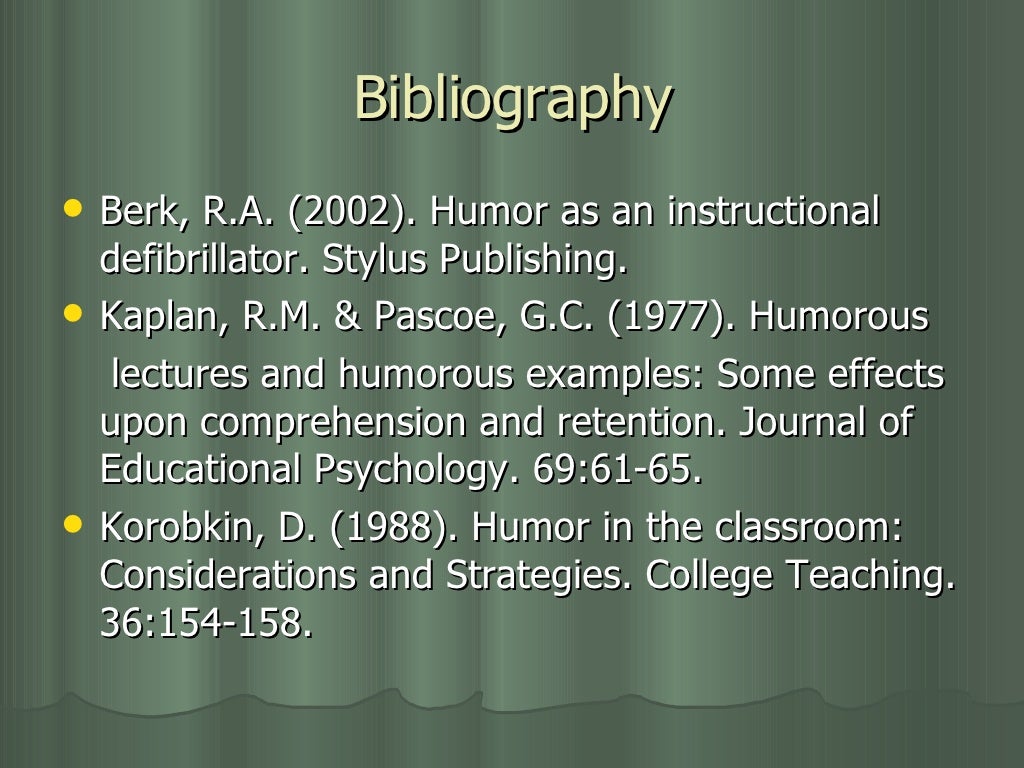


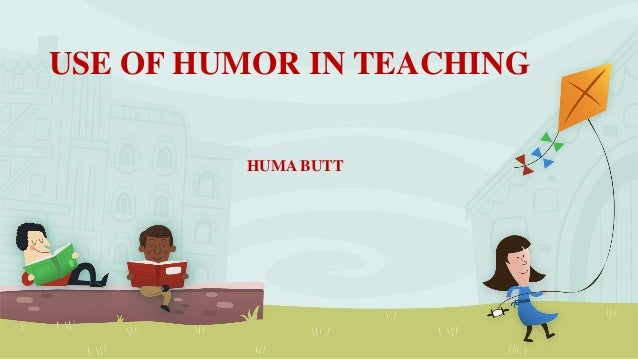
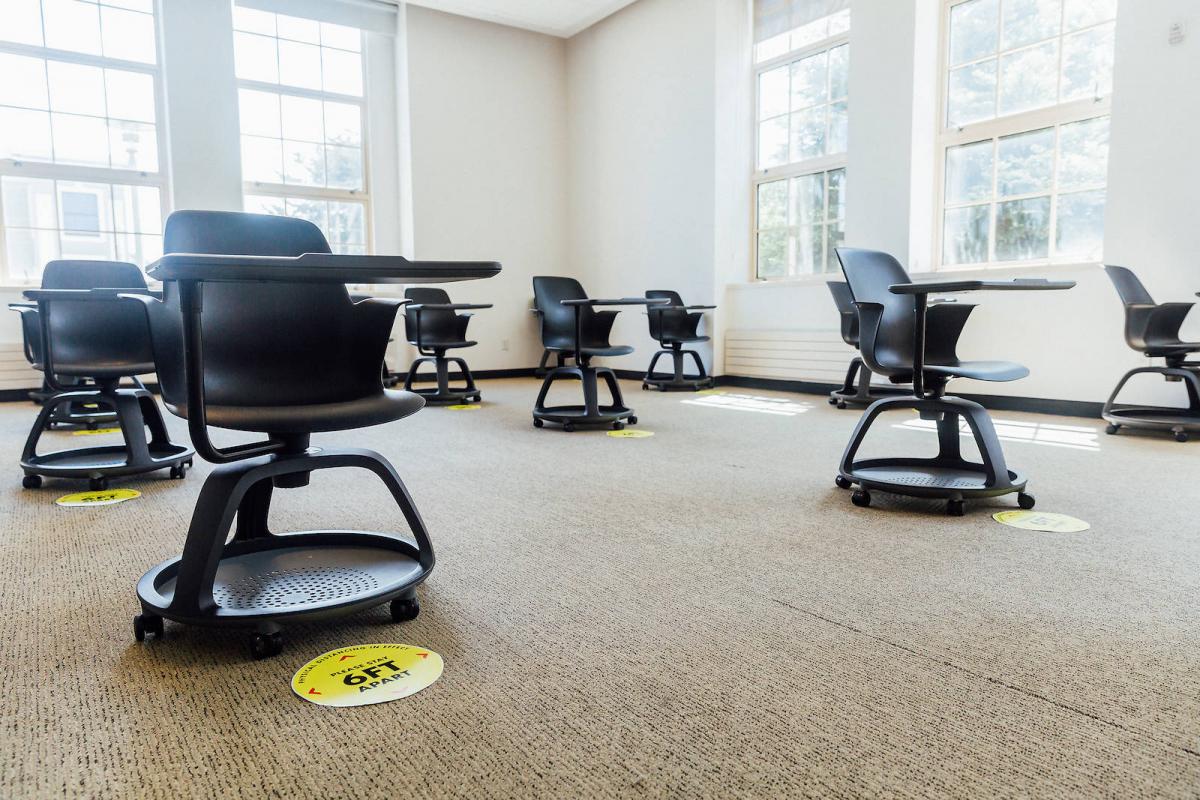




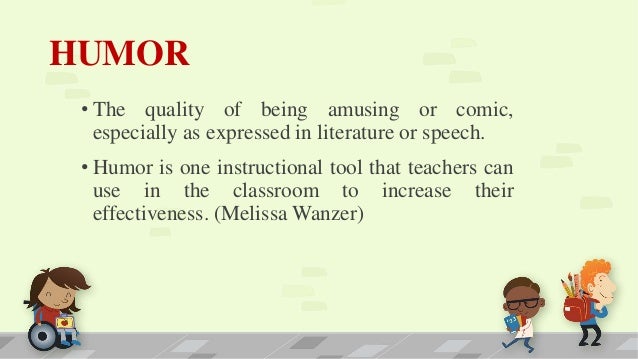















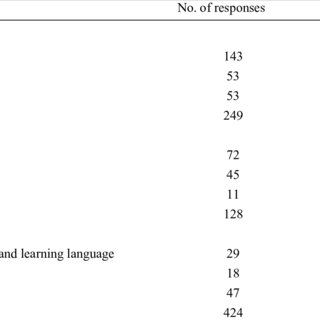





/GettyImages-573106003-58ac9a235f9b58a3c944a1c3.jpg)
